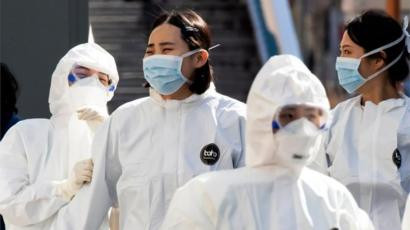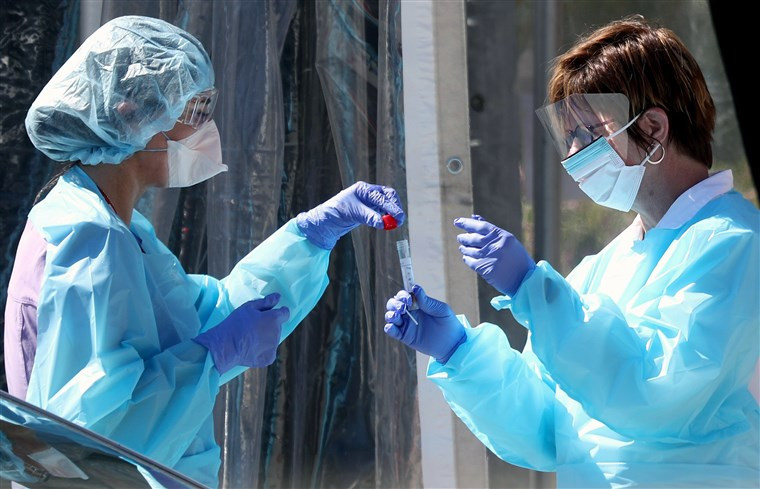
South Korean health authorities suspect that the coronavirus may remain dormant in human cells and reactivate after apparent recovery, as fifty-one previously recovered patients in South Korea have tested positive again days after being discharged.
These patients, from the heavily affected city of Daegu, were placed in quarantine after initial diagnosis with the virus, and then tested positive again shortly after release.

According to the Korea Centers for Disease Control and Prevention (KCDC), these patients were re-quarantined, suggesting that the virus may have been “reactivated” rather than the patients being re-infected.
The KCDC also stated that viral particles may unpredictably reactivate after apparent recovery, though US viral experts argue that there is no evidence supporting this claim, as studies on monkeys have shown the opposite results.
The situation prompted opinions from experts such as Professor Paul Hunter from the University of East Anglia, who believes that the initial clearance samples may have been false negatives.
Professor Mark Harris, Head of Virology at the University of Leeds, expressed concerns about the reports and suggested the possibility of persistent infection rather than reinfection.
‘It does appear that swabs for the virus are not 100 per cent reliable,’ Professor Hunter added.
Professor Rowland Kao from the University of Edinburgh downplayed the significance of these occurrences, stating that they are unlikely to have a substantial impact on epidemic projections.
